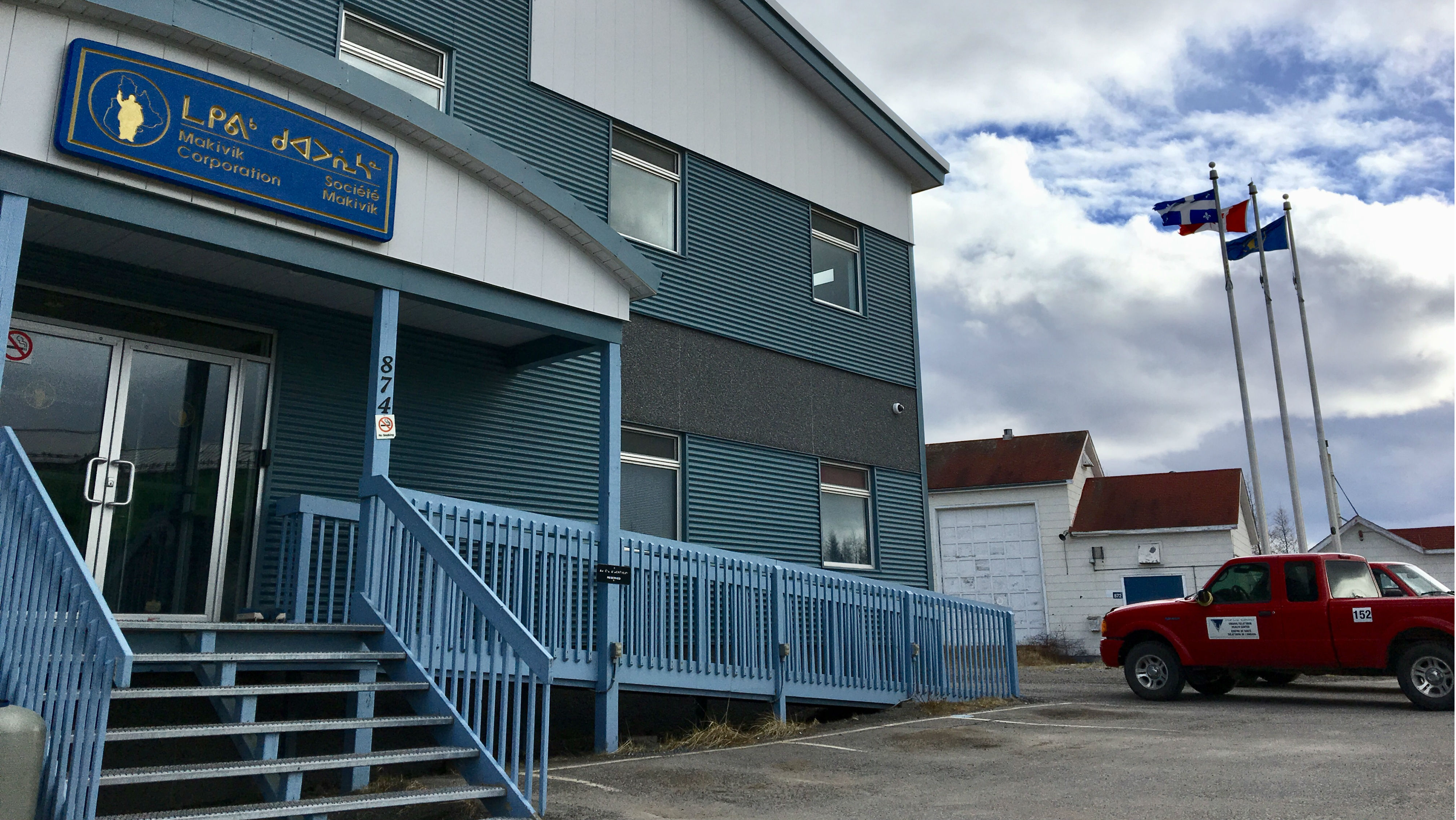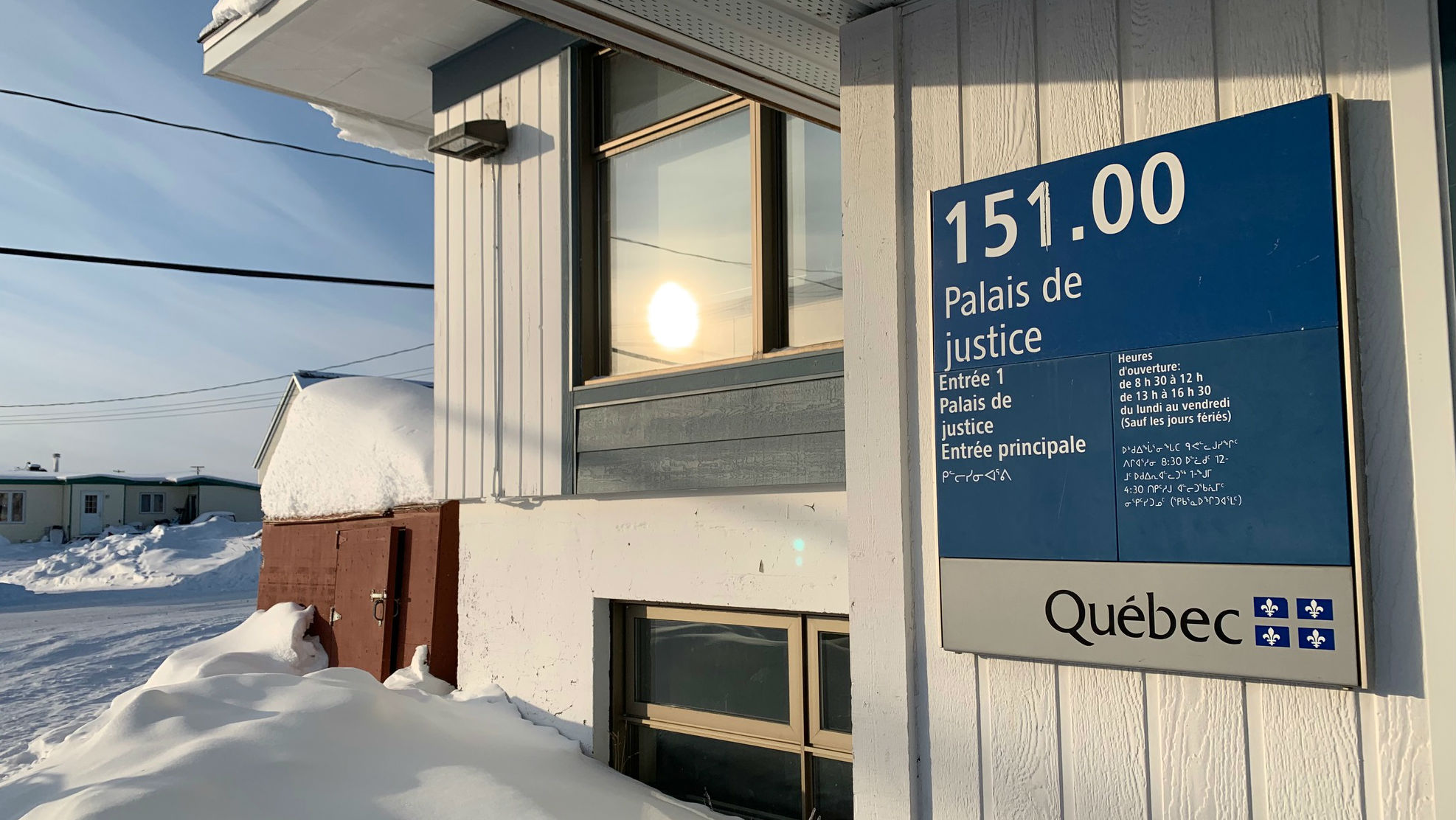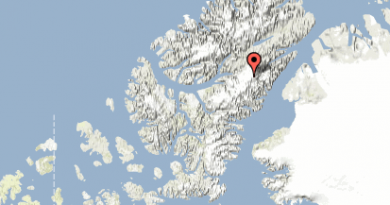Quebec Inuit org. calls lack of police, justice reform “ticking catastrophe in modern times”

Makivik Corporation, the organization that represents Inuit in the Canadian province of Quebec, is calling for an overhaul to the justice system, saying the system currently in place doesn’t work for Inuit in their region.
“The protests taking place around the world highlighting systemic racism inside the justice systems is alive and well in Nunavik and it sickens me,” said Makivik President Charlie Watt, referring to the Inuit region of Arctic Quebec.
“A systematic overhaul of the administration of the justice system and policing is long overdue,” he said in a news release on Wednesday.
“Report after report has called for an overhaul. Study after study has highlighted the deficiencies in both systems and Inuit are suffering discrimination from both systems in all levels from education to health care and the administration of communities. Youth protection was established to protect Inuit children but instead is destroying families and violating the rights of children and parents while Quebec has sat back and allowed it to happen.”
Lack of action on previous reports, says Watt
The justice system in northern Quebec has long been under the spotlight and there have been numerous reports issued over the last 20 years outlining the inadequacy of the justice system in serving the province’s Inuit population.
They range from 1993’s Aqqusiurniq Sivunitsasiaguniqsamut Inuit Justice Task Force final report, to the 2014 Parnasimautik Consultation Report prepared by Quebec’s major Inuit organizations, to a 2015 report from the Quebec Bar Association that laid out in detail the ways the justice system was failing the people of Nunavik, to the 2016 Special Report by the Quebec Ombudsman that examined inadequate detention conditions, administration of justice and crime prevention in Nunavik.

Most recently, the Viens Commission report was tabled last year.
The Viens Commission was set up in 2016 to examine the relationships between Indigenous peoples and Quebec’s public services, with Inuit testifying to a range of challenges in navigating the justice system including poor communication from authorities, and that the misunderstanding of things like bail conditions can lead to legal problems. (The majority of Nunavik’s Inuit speak Inuktitut as their mother-tongue, while in the province of Quebec, the official language is French and the majority of legal proceedings are conducted in English.)
In his news release on Wednesday, Watt called on Quebec Premier Francois Legault to take concrete action.
“Quebec Premier Francois Legault made an official apology to the Indigenous Peoples of Quebec including the Inuit,” Watt said.
“Last year he said in the National Assembly, ‘the Quebec State has failed in its duty to you,’ and asked for our forgiveness. Premier Legault we are all living through difficult times. The pandemic, and the demonstrations related to systemic racism within police forces are bringing these issues to the forefront, and we want to work with you to get to the bottom of the problems of policing and the justice system in Nunavik.”
A spokesperson for Quebec’s Justice Ministry said they were unable to provide comment for this story before deadline.
Write to Eilís Quinn at eilis.quinn(at)cbc.ca
Related stories from around the North:
Canada: Death in the Arctic – A community grieves, a father fights for change, Eye on the Arctic
Finland: Police response times up to an hour slower in Arctic Finland, Yle News
Sweden: Film exploring racism against Sami wins big at Swedish film awards, Radio Sweden
United States: Lack of village police leads to hiring cops with criminal records in Alaska: Anchorage Daily News, Alaska Public Media



